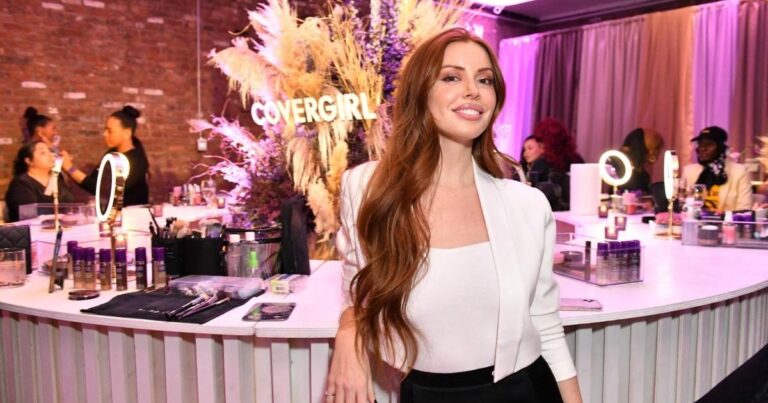The European Commission recently announced the results of a “thorough investigation” into social media posts by influencers. The investigation was carried out by the European Commission in cooperation with national consumer protection authorities in 22 member states, Norway and Iceland. The primary objective of the investigation was to verify whether influencers were disclosing commercial content as required by EU consumer law.
Malta's only liaison office and competent authority for this network, the Consumer Affairs Department of the Malta Competition and Consumer Authority, also joined in this common action.
EU consumer law requires transparency in commercial communications. Influencers must not mislead consumers with false or deceptive information in their posts about promoted products or services that are subject to the Unfair Commercial Practices Directive.
Promotion of a brand's products or services in a post that generates revenue or other benefits for the influencer must be clearly disclosed as an advertising activity.
As a result of this exercise, 358 influencers were identified for further scrutiny.
Regarding influencer marketing, Attorney General Didier Reynders said: “The influencer business is thriving and many consumers, often young people and even children, trust their recommendations. However, this business model also comes with legal obligations. Influencers must follow fair business practices, and their followers deserve transparent and reliable information.”
The screening exercise checked the posts of 576 influencers published on major social media platforms. Of the influencers surveyed, 82 had more than 1 million followers, 301 had more than 100,000 followers, and 73 influencers had between 5,000 and 100,000 followers. Multiple influencers were active on different social media platforms. 572 people posted on Instagram, 334 on TikTok, 224 on YouTube, 202 on Facebook, 82 on X (formerly Twitter), 52 on Snapchat, and 28 on Twitch.
The main areas of activity involved, in descending order, are fashion, lifestyle, beauty, food, travel, and fitness/sports. Of the influencers reviewed, 119 promoted “unhealthy or dangerous activities” such as junk food, alcohol, beauty treatments, gambling, and cryptocurrency trading.
The study revealed that nearly all of these influencers (97%) published posts with commercial content, but only 20% systematically published them as advertisements. became.
Another interesting finding was that 78% of verified influencers were commercially active. However, only 36% were registered as traders at the national level.
Additionally, 38% of influencers checked did not use platform labels intended to disclose commercial content, such as Instagram's “paid partnerships” toggle. Instead, these influencers opted for other wordings, such as “collaboration,” “partnership,” or a general appreciation of partnering with her brand.
Other findings showed that only 40% of influencers checked made disclosures visible throughout their commercial communications. When it comes to influencers who endorsed their products, services, or brands, 60% did not disclose their ads consistently or at all.
As a result of this exercise, 358 influencers were identified for further scrutiny. National authorities will now communicate with these influencers to ensure compliance with established rules. If necessary, additional enforcement measures may be taken in accordance with national procedures.
The results of this sweep will also be incorporated into the European Commission's Digital Fairness Fitness Check, which will be launched in spring 2022. Fitness Check assesses the Unfair Commercial Practices Directive, the Consumer Rights Directive and the Unfair Contract Terms Directive.
Following this assessment, the current legal framework in addressing consumer protection issues such as dark patterns, personalization practices, influencer marketing, contract termination, marketing of virtual items, and habitual use of digital products. It will be determined whether it is appropriate.
The sweep will be coordinated by the European Commission and carried out simultaneously by national enforcement authorities within the Consumer Protection Cooperation Network. Sweep works with a two-step action process.
The first step is website screening to identify consumer law violations in a particular online marketplace, and the second step is enforcement, where national authorities require traders to take corrective action.
The sweeps have been conducted annually since 2007 and in the past five years have been conducted in the following areas: Right of Delivery and Withdrawal (2019). Consumer fraud related to the coronavirus disease (COVID-19) pandemic (2020). Misleading Sustainability Claims (2020). Consumer Credit (2021) and Online Consumer Reviews (2021). Car Rental Broker (2022); Black Friday Sale (2022), Dark Pattern (2022), Influencer (2023).
Odette Vella is Director of the MCCAA Directorate of Information and Research.
www.mccaa.org.mt


